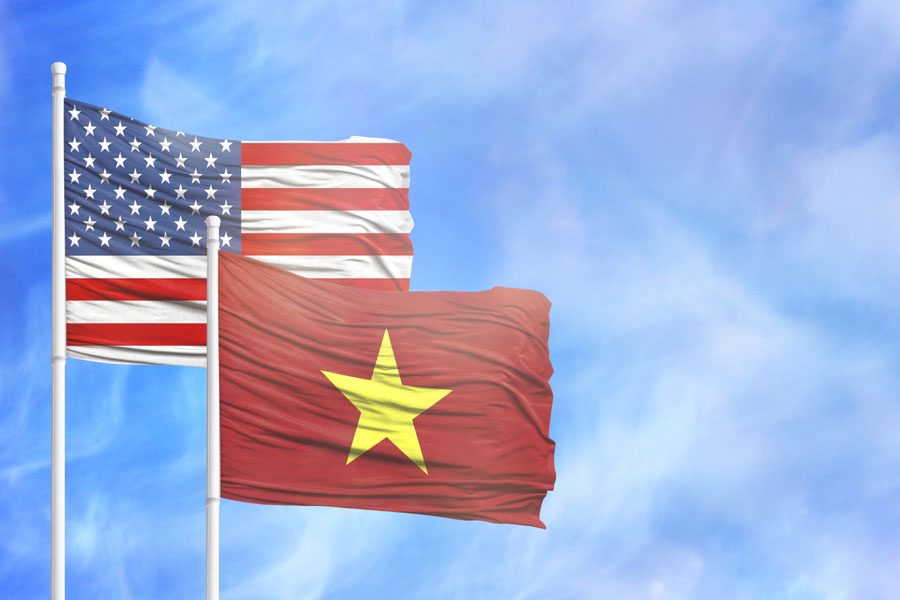Fifty years ago this week, helicopters lifted off from the embassy of the United States of America in what then was called Saigon in a hurried escape for the world’s foremost superpower after a humiliating defeat at the hands of Vietnamese communist forces. The end of the Vietnam War marked the culmination of decades of conflict in that country. The against-the-odds victory of impoverished resistance fighters as they battled — and defeated — the Japanese, the French, a US-propped dictatorship in the south, and the full might of the American military in succession has since served as an inspiration for Davids up against Goliaths everywhere. The Vietnam War today is a metaphor for the arrogance of imperialism, the risks of overreach even by a dominant military power, and the power of resolve among ordinary people looking to free their nation from external overlords. The war and America’s defeat have been the backdrop or storyline for countless films, books and songs around the world. But the battles fought in the forests of Vietnam are not really history: they continue to shape geopolitics and military strategy and offer valuable lessons both to potential invaders and their victims.
Whenever a major power seeks to violate a smaller, weaker nation — whether the US in Afghanistan and in Iraq or Russia in Ukraine — Vietnam is the reference point. If the power is then forced to leave under embarrassing circumstances, as happened with the US in Afghanistan in 2021, the parallels get reinforced. Indeed, Vietnam has taught all countries that brute military power measured in bombs and missiles, fighter jets and tanks, cannot be a guarantor of success in war. Foreign intervention, Vietnam taught the world, can prove very costly — not only in terms of dollars spent but also the body bags that return. The resulting political backlash, and the loss of face if a well-armed military is bloodied by guerilla units, can wreak substantial costs: diplomatic, economic and electoral. India, too, learnt this bitter lesson in Sri Lanka. Vietnam is a major reason why a country like the US, which has been at war throughout its existence, is today reluctant to invade other countries to make them follow its writ.
But while many nations have drawn lessons from America’s failures in Vietnam, fewer appear to have taken notes from Vietnam. The country was bombed with
chemical weapons, and between 800,000 and 1.2 million Vietnamese — soldiers and civilians, in both the communist north and US-allied south combined — died in the war. When the missiles stopped, Vietnam and the US were on opposite sides of the Cold War. Still, instead of seeking revenge, Vietnam chose peace and a respect-based friendship with the US and its allies. Instead of being convulsed by hatred for the war crimes committed against it, Vietnam chose to focus on the future and is today a rapidly developing economy and a sought-after partner for all global and regional powers. That, too, is a legacy of the Vietnam War.










